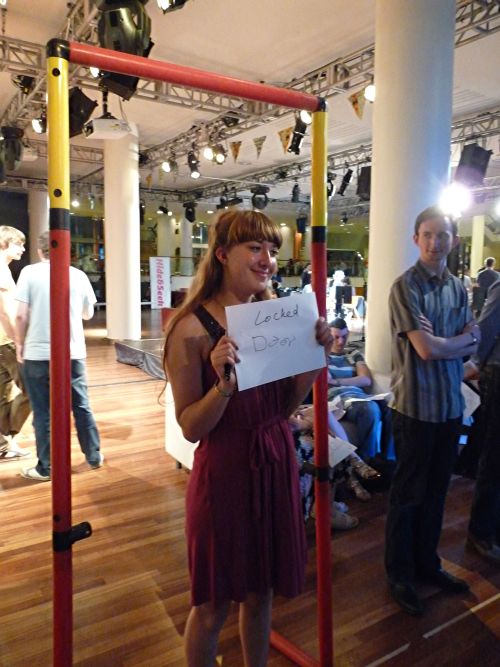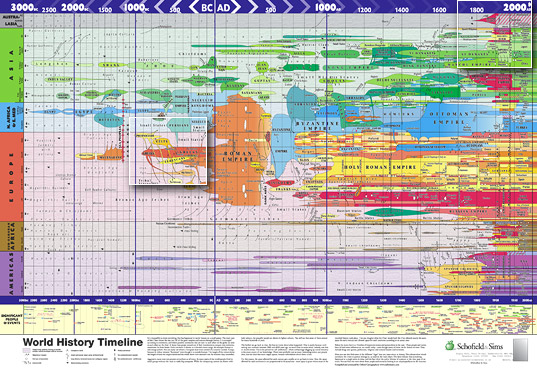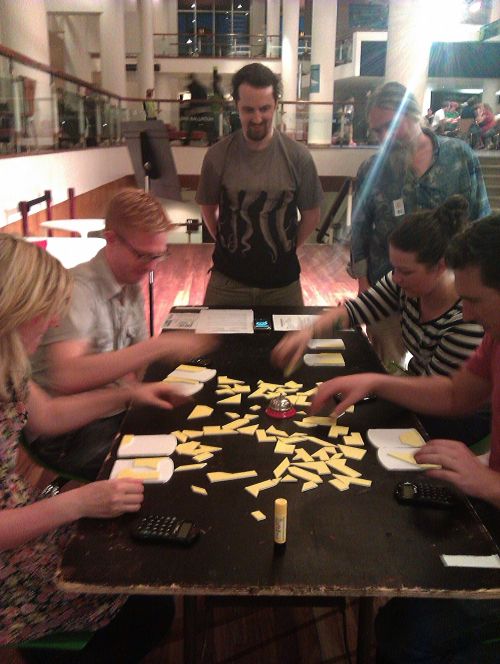Events – Sandpit this very weekend (25th August), Weekender later (Fri 14th-Sun 16th September)
Hide & Seek are running one of their curated ‘Sandpit’ game events, taking place on Saturday and Sunday afternoons this weekend (25th and 26th August), unusually but awesomely located at the Natural History Museum. NHM page is here; a longer article about what’s happening can be found on Wired.
Then, from Friday 14th through to Sunday 16th September is Hide & Seek’s Weekender (facebook event here), mostly in the Clore Ballroom in that Royal Festival Hall place, this being as usual a whole festival of games, largely drawn from Sandpit events from the last two years.
This happens to include Competitive Sandwich Making on the Friday, which Clare and I will be running (here’s what happened last year when we ran first), this time featuring a secret rank beyond Earl of Sandwich, if people are competitive enough to discover it. There’s also lots of other amazing things happening, including two of my favourites: Die Gute Fabrik’s Johann Sebastien Joust and Viviane Schwarz’s Treasure Maze.
Tim Link – You’re In A Room
I finally wrote up the game Clare and I made for a more recent Sandpit: You’re In A Room, a sort of Whose Line Is It Anyway version of Knightmare; you can find out what on earth that means here.

Video – Puffin Webcam
In the exciting new world of putting webcam streams onto my TV for background entertainment, now that the Miranda’s Kittens feed is no longer live, I’ve had to find something else. It turns out there’s a whole range of great feeds available on explore.org, including a puffin cam.
Bonus video – via Clare while I was writing this
Dog swims with dolphins!
Quote – Lilith
I recently wondered what really is the deal with the biblical (or is she?) character of Lilith, so I turned to Wikipedia on the subject, and found it fascinating – here’s just the section headings to give you an idea of the span of cultural records she appears in:
Mesopotamian mythology
Siegmund Hurwitz
In the Bible
Jewish tradition
Greco-Roman mythology
Arabic mythology
In Western literature
In modern occultism
The highlight for me was discovering that Lilith only appears once in the bible, and even then arguably so, in Isiah 34:
(13) [Edom] shall become an abode for jackals and a haunt for ostriches. (14) Wildcats shall meet with desert beasts, satyrs shall call to one another; There shall the lilith repose, and find for herself a place to rest. (15) There the hoot owl shall nest and lay eggs, hatch them out and gather them in her shadow; There shall the kites assemble, none shall be missing its mate. (16) Look in the book of the LORD and read: No one of these shall be lacking, For the mouth of the LORD has ordered it, and His spirit shall gather them there.
This makes “lilith” (in the bible at least) a hapax legomenon, a word only occurring once in the source and therefore challenging to decipher – given only this context, is she a demon, or just some kind of regular animal with sinister associations?
I also recommend reading this translation of Isiah 34 in full (it’s only ~400 words), as it’s use of hyperbole puts our modern tabloid newspapers and comment trolls to shame.
Pictures – Abstract Animated GIFs
I’ve seen some interesting abstract animated GIFs floating around the internet, and tracked them down to two artists: David Ope, and Mr Div. Here’s one example of each, and do click through to view the rest of their work:
Puzzle – The shrinking empires
Here’s an unfortunately small version of a fascinating visualisation of world history (which we bought as a poster for the office from Stanfords, although they don’t seem to have them any more), with time running from left to right, and rough location on earth from top to bottom, with identifiable countries/kingdoms/empires marked out:

You can just about see the Roman Empire as a big blob of orange in the middle, the Ottoman Empire in blue towards the right, and the British Empire stretching wide in patches of red before retreating back home by the time we reach the right-hand side representing the present day.
Even at this scale, one pattern is apparent: they just don’t make empires as big as they used to. The closer we get to the present day, the smaller the tribal groups become. Why is this?



